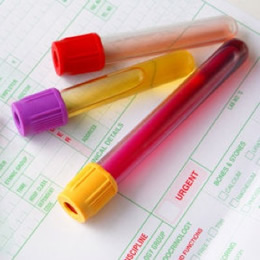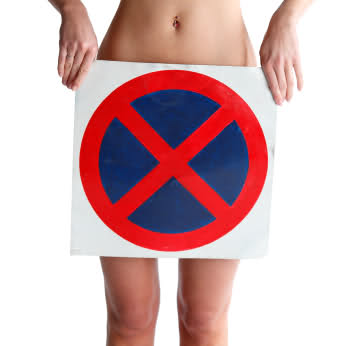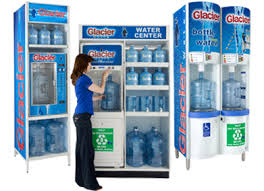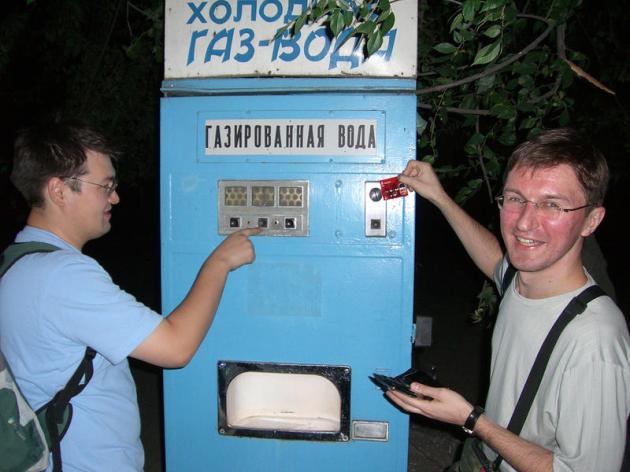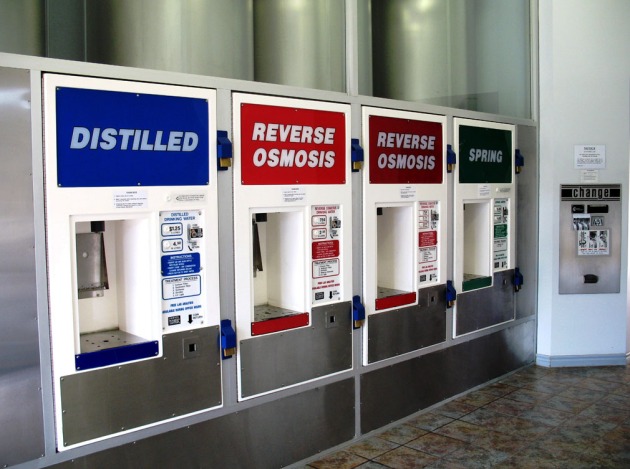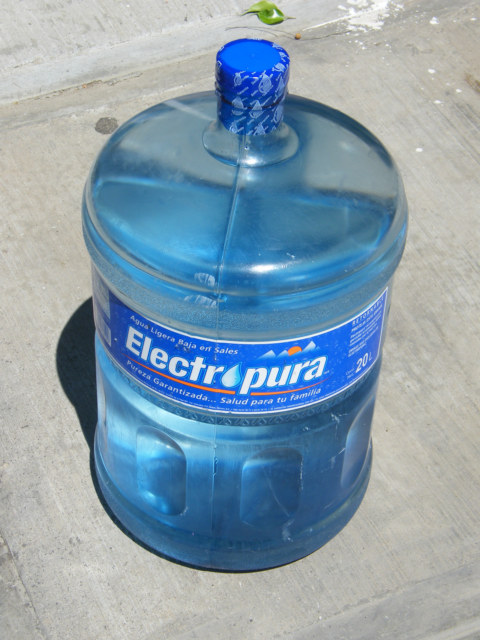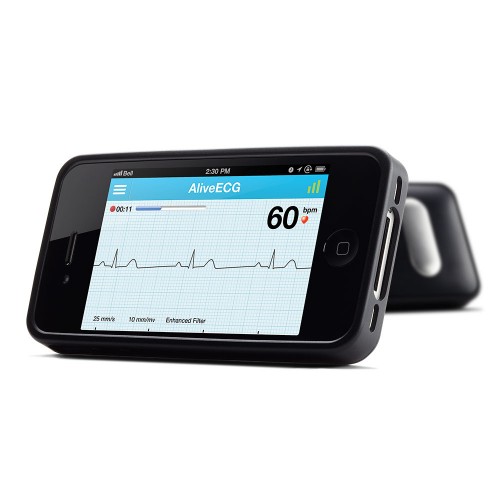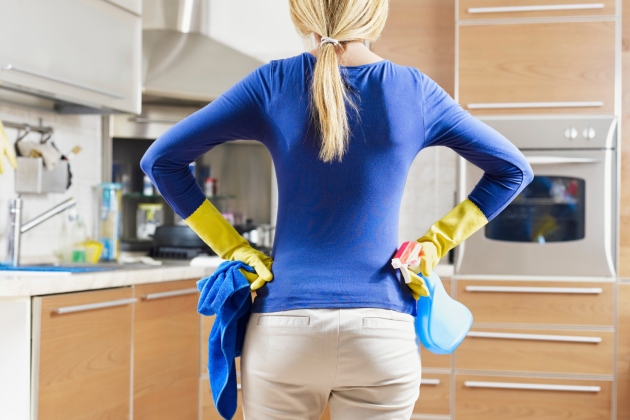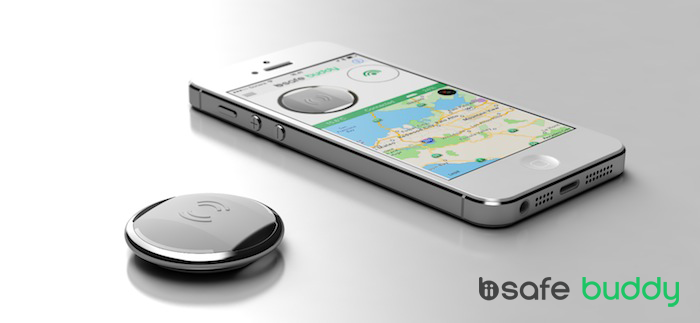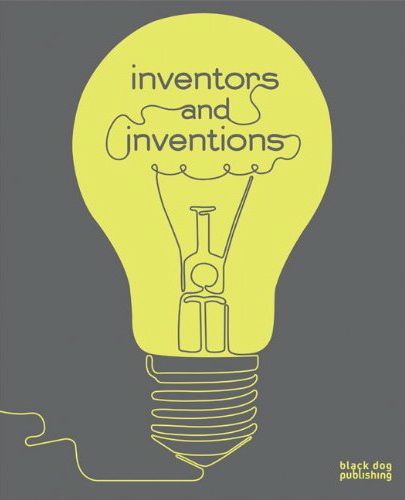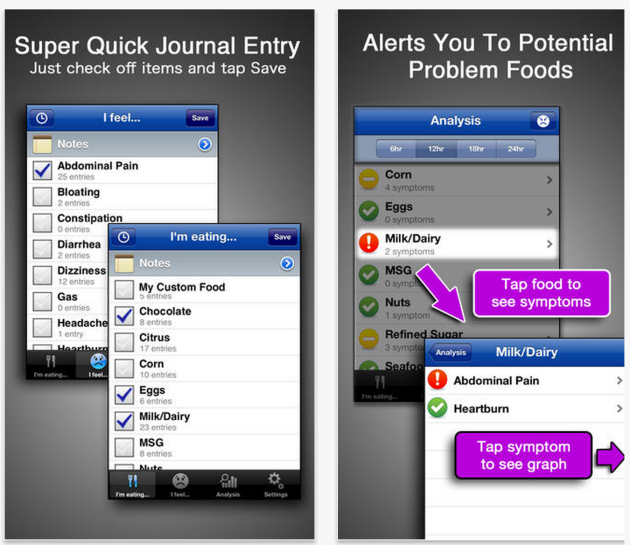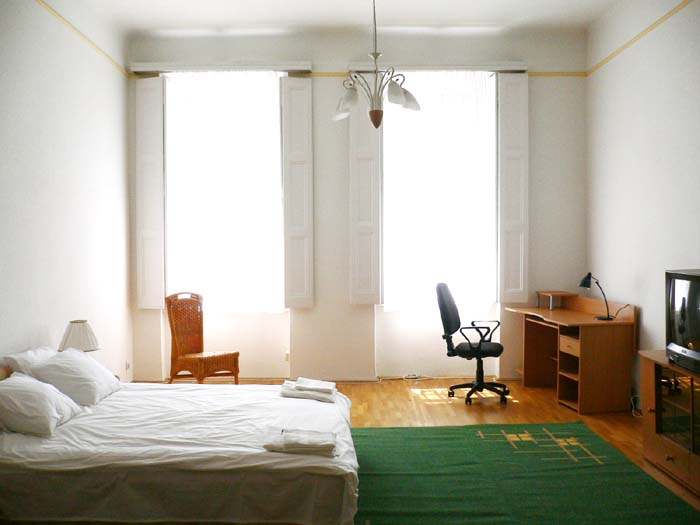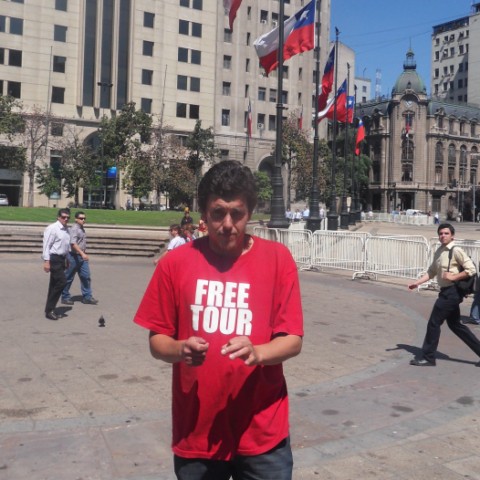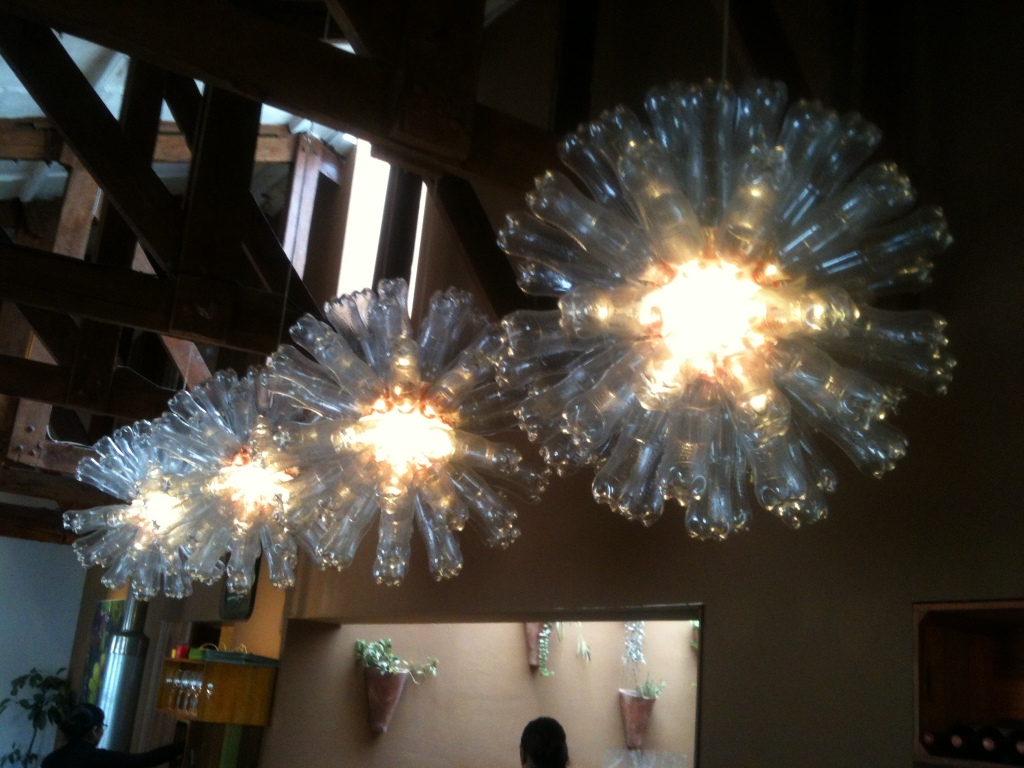There came a time in one of my relationships where it became important to check my STD status.
So I went like any responsible adult for a checkup, just in case I had picked up something along the way. I was in my usual state of semi-poverty/stinginess, so of course I didn’t want to fork out money to see a doctor.
I found a website advertising free STD tests at a local hospital. Impressed with the forward thinking Chileans, I made my way one Wednesday morning to check it out. Not finding any sign of the place, I asked a receptionist for where I could get tested for STDs. Luckily when I’m speaking in Spanish I don’t seem to get embarrassed – something about being a foreigner allows me to be “promiscuous”.
She sent me to the Dermatology area, where I repeated my question to a passing nurse. She was stumped, but found me a doctor who shaked her head at me and mumbled something about the clinic not existing anymore. She told me I had to go to a doctor and pay. Of course I had to ask her to repeat herself a few times before I understood her. I ❤ Chilean Spanish.
But I didn’t want to pay a doctor just to get a list of lab tests. By chance, on my walk back to the metro, I saw a laboratory and went in and asked the *three* receptionists sitting behind the counter if they could test me for any possible STDs.
They did some brainstorming, called someone, and finally presented me with a list.
I didn’t hear them mention Chlamydia, or Gonorrhea.
Oh, I wanted those too?
Ummm, yeah… Did you not hear me? I want to test for *any possible* STDs.
They added them to the list, and tallied up the bill.
Once I had paid, they brought me into a nurse who took my blood. I was then handed off to another nurse who spread my legs, pierced me with metal and poked me with cotton swabs.
I tried to stay calm throughout, especially when the nurse peering into my vagina had a frown on her face, and rushed off to talk to someone as soon as she was finished. Lovely.
A few days later, when I came in to get my results, I started to feel panic. I knew it was illogical. There was 0.01% chance I had HIV but at that moment, my imagination wasn’t feelin’ the logic. They called a nurse to give me the results.
While I was waiting, I had plenty of time to imagine the awkward humiliation of telling my parents, my ex-sexual partners and my friends that I was diseased. I had accepted the fact that I had probably infected people, and that I was a murderer.
When the nurse finally appeared on the scene, she started to rummage through my file, searching and searching. What could she be looking for?
By this stage, I was in a hate spiral for not being more careful, for ever having sex, ever. I was responsible for my own early painful death. I would have to quit my startup and leave Chile early. It was a disaster of epic proportions.
Finally she found it. Jesus. And made me follow her into a private room. I decided I was going to just sew up my vagina and throw myself off the nearest tall building. Anything but have to go through this again.
She put the results on the table and asked me to fill out a form.
A form? What now? Why didn’t she just SAY IT? Why was she postponing the inevitable?
I glanced down, and caught a glimpse of the word “negativo”. Phew. All was well in the world.
I filled out the form while she stuffed the papers in an envelope.
I asked her if everything was ok, and she assured me it was, and handed me the envelope.
I walked to a nearby park bench and opened it. It was incoherent. Was was V.D.R.L? What was Flujo Vaginal? What was Ureaplasma Urealyticum because I seemed to have it. But I didn’t have Mycoplasma. Did that mean that Ureaplasma Urealyticum wasn’t serious?
I went back to the three receptionists and confessed to my infection right there in the waiting room. What could they do for me? I wanted a cure. They told me to go to a gynaecologist down the road.
I went to Google instead. I don’t see why, on top of $200 of lab tests, I have to pay money for someone to interpret my lab results? Isn’t this pretty straightforward?
All I want is:
a. a standard list of STD lab tests in any language that I can print off and bring with me to a lab so I don’t have to rely on uninformed receptionists.
b. an email with the results as soon as they are ready, along with explanations of each test and what the result means so I know what I need to do next.
c. and free tests would be awesome. Most people can’t afford to pay $200 to get checked.
Fear causes people to avoid getting tested, and spread more diseases. Forcing people to wait and denying them information causes panic. In general, in all my interactions with nurses and receptionists, it was obvious that being proactive about sexual health is not the norm in Chile. Instead of being rewarded for taking care of my sexual health, I felt shame for being so open about the fact that I was having unprotected sex, like I was a criminal or something.
I thought sex was supposed to be a joyous act? All I see is risk of STDs even if you use condoms, fear of pregnancy even if you use contraception, and guilt if you ever ask for a pregnancy test or an STD test. God forbid you might be having sex with someone without the intention of getting pregnant.
Even if I do have an STD, there are treatments. No one should be given reason to panic, ever. I never want to have to go through that again.
Is it any better where you are from?
